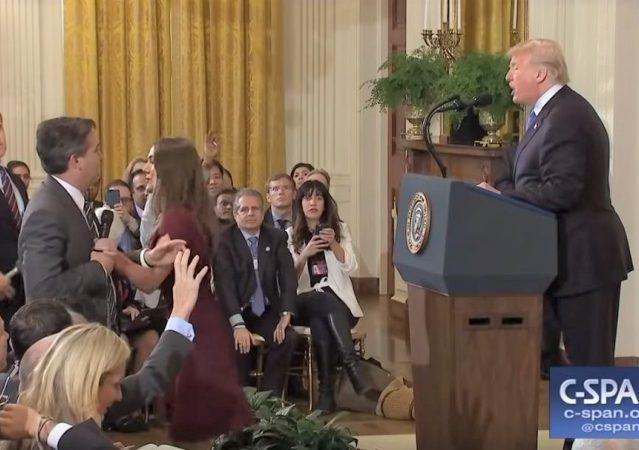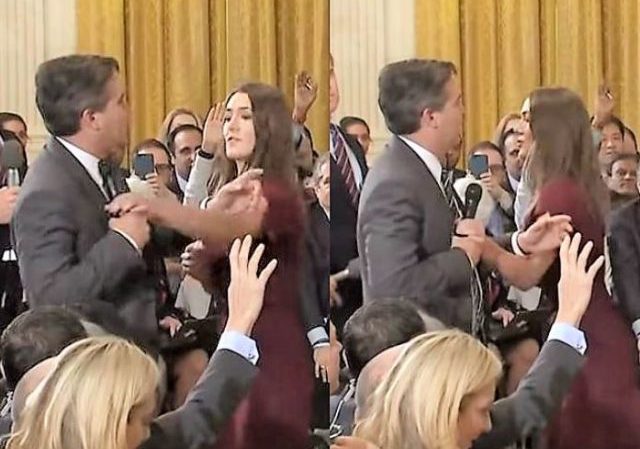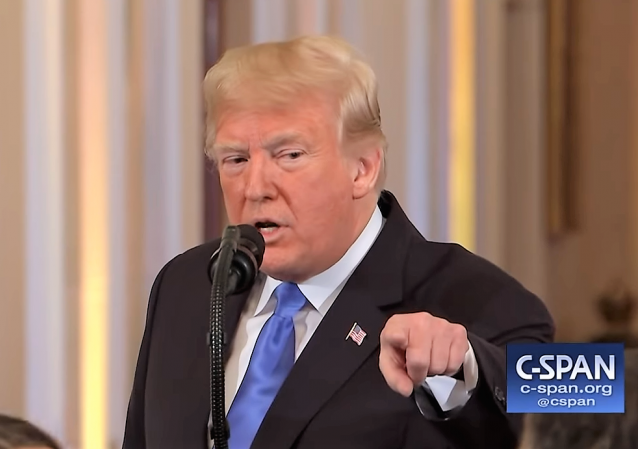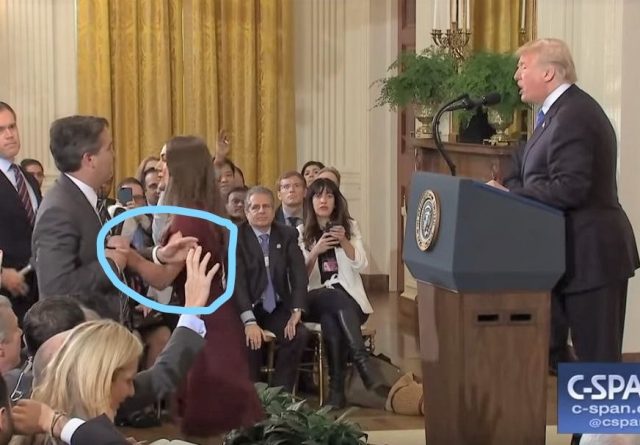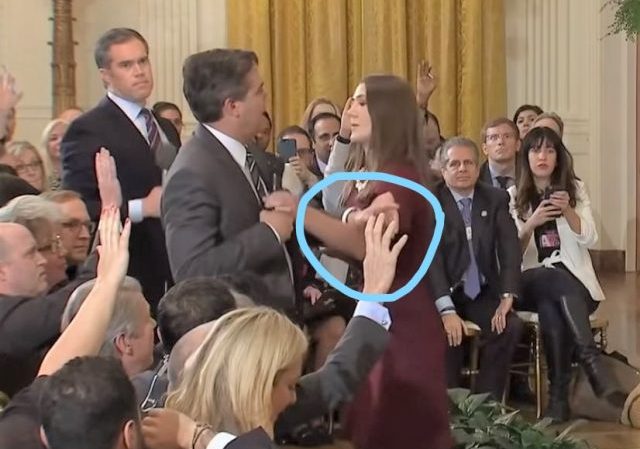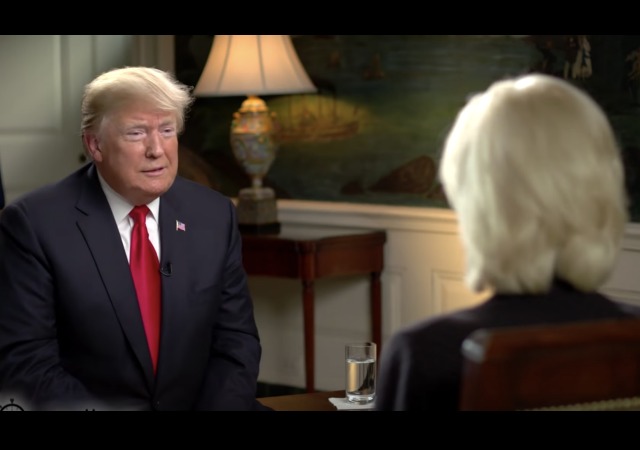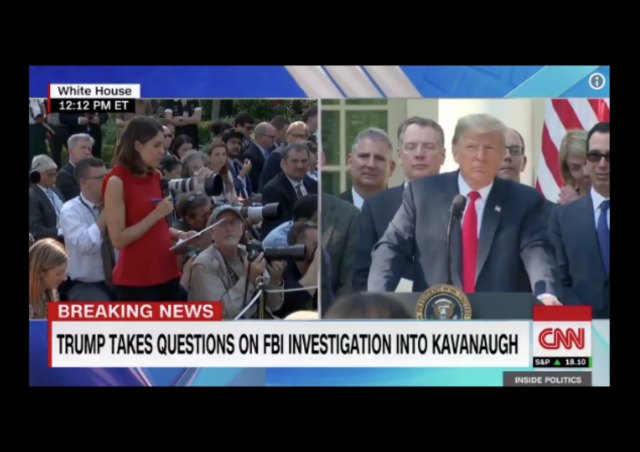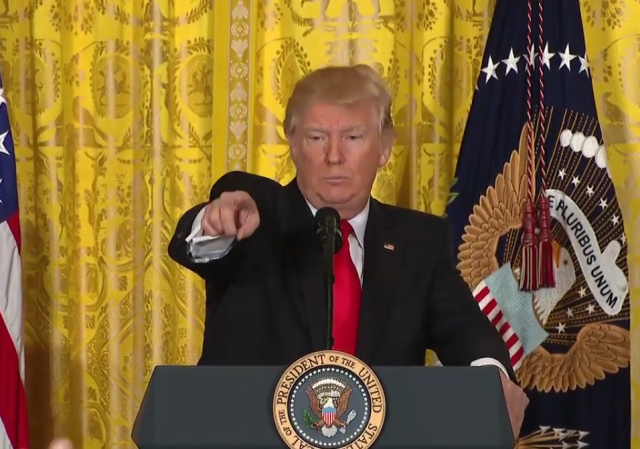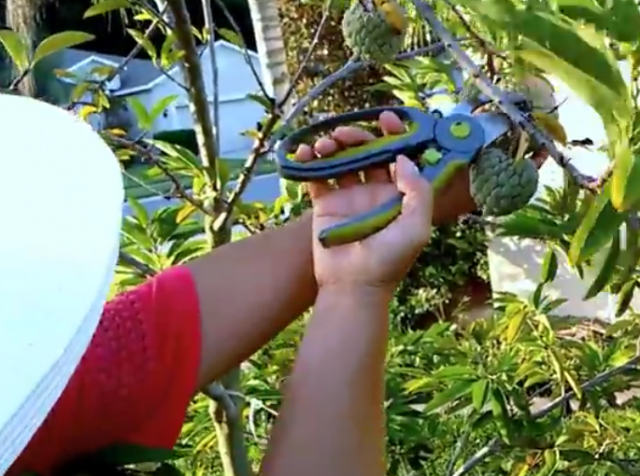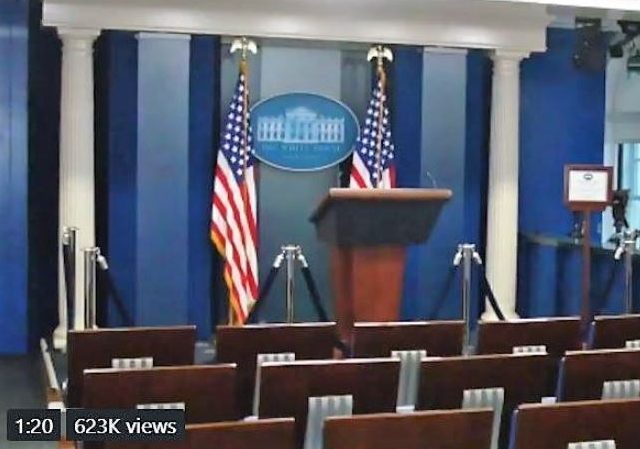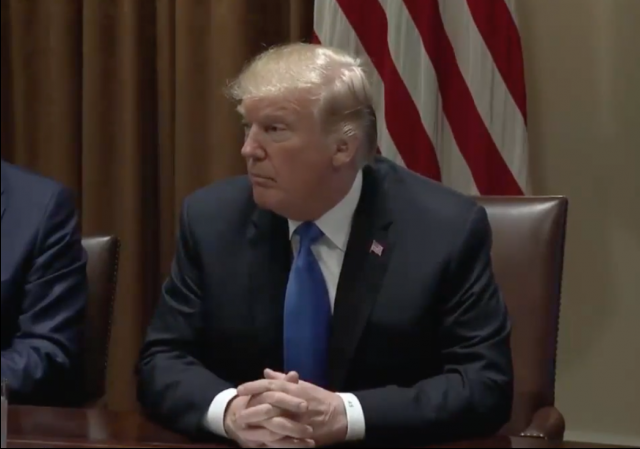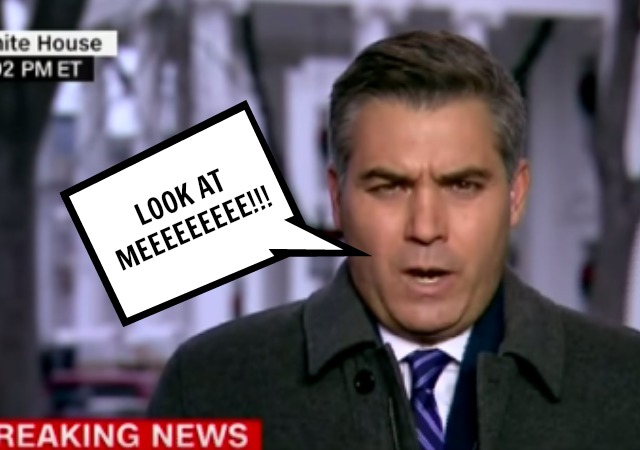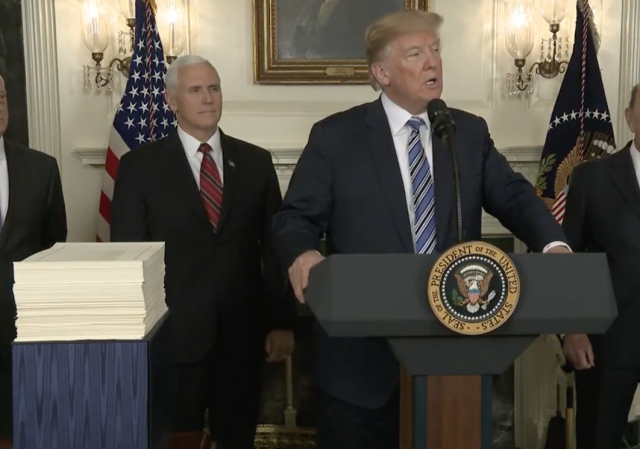Acosta got his press pass back, but his media colleagues will pay the price
on November 18, 2018
51 Comments
On Friday, November 16, 2018, the federal District Court in D.C. granted a temporary restraining order compelling the White House to reinstate CNN's Jim Acosta's "hard pass," that gives him privileged access to the White House for press briefings and events.
As described in our coverage of the decision, there is no written opinion or transcript as of now that can be reviewed to understand the precise parameters and reasoning of the judge. As of this writing, we only have media reports as to the judge's stated reasons.

